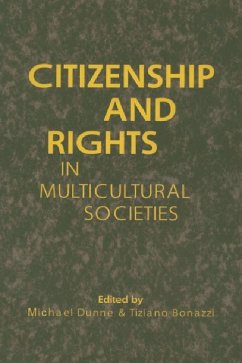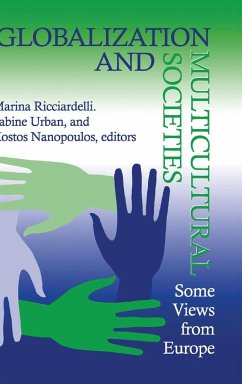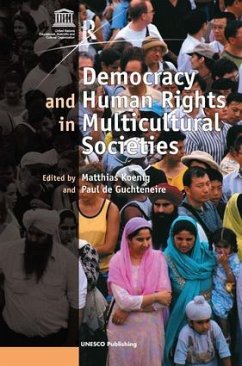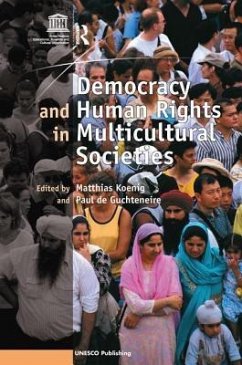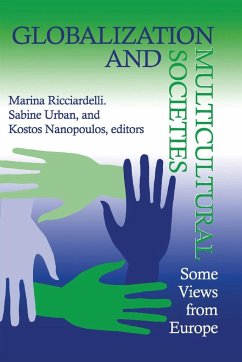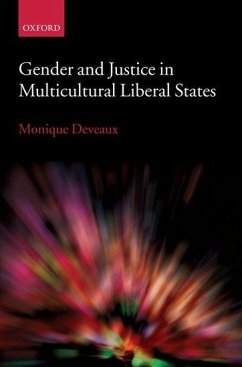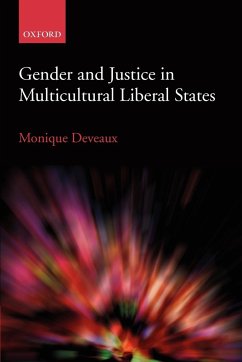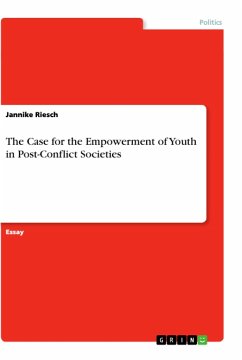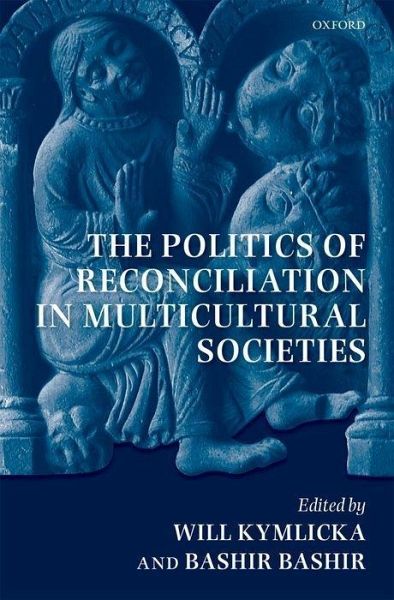
Gebundenes Buch
The Politics of Reconciliation in Multicultural Societies
Versandkostenfrei!
Versandfertig in 1-2 Wochen

PAYBACK Punkte
33 °P sammeln!




Drawing on both theoretical debates and case studies from around the world, this book explores how the politics of reconciliation relates to various models of democratic citizenship.
Bashir Bashir is a post-doctorate fellow at the Department of Political Science at The Hebrew University of Jerusalem and a research fellow at The Van Leer Jerusalem Institute. He has a Ph.D. in Political Theory from the Government Department at the London School of Economics and Political Science (LSE). He obtained MSc in Political Theory from the LSE in 2000, and a B.A. in Political Science and in Sociology from the Hebrew University of Jerusalem (1998). He has taught political theory at the LSE, Queen's University and the Hebrew University. His primary research interests are democratic theories of inclusion, conflict-resolution and the politics of reconciliation, deliberative democracy, and multiculturalism. Will Kymlicka is the Canada Research Chair in Political Philosophy at Queen's University, and the author of six books published by Oxford University Press: Liberalism, Community, and Culture (1989), Contemporary Political Philosophy (1990; second edition 2002), Multicultural Citizenship (1995), which was awarded the Macpherson Prize by the Canadian Political Science Association, and the Bunche Award by the American Political Science Association, Finding Our Way: Rethinking Ethnocultural Relations in Canada (1998), Politics in the Vernacular: Nationalism, Multiculturalism, Citizenship (2001), and Multicultural Odysseys: Navigating the New International Politics of Diversity (2007). He is a visiting professor in the Nationalism Studies program at the Central European University in Budapest. He is a Fellow of the Royal Society of Canada, and of the Canadian Institute For Advanced Research.
Produktdetails
- Verlag: OUP Oxford
- Seitenzahl: 258
- Erscheinungstermin: 3. Juli 2008
- Englisch
- Abmessung: 240mm x 161mm x 19mm
- Gewicht: 555g
- ISBN-13: 9780199233809
- ISBN-10: 0199233802
- Artikelnr.: 23817076
Herstellerkennzeichnung
Libri GmbH
Europaallee 1
36244 Bad Hersfeld
gpsr@libri.de
Für dieses Produkt wurde noch keine Bewertung abgegeben. Wir würden uns sehr freuen, wenn du die erste Bewertung schreibst!
Eine Bewertung schreiben
Eine Bewertung schreiben
Andere Kunden interessierten sich für


